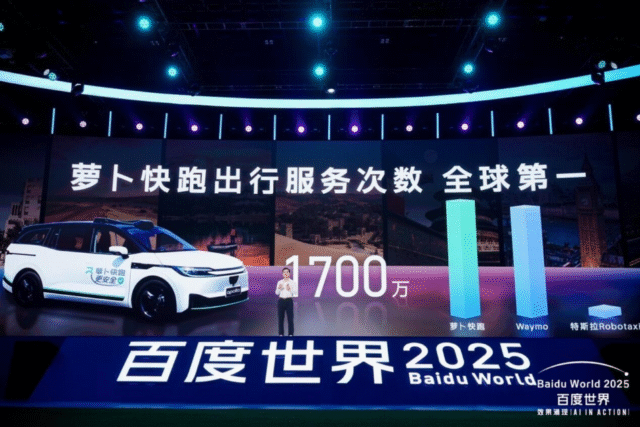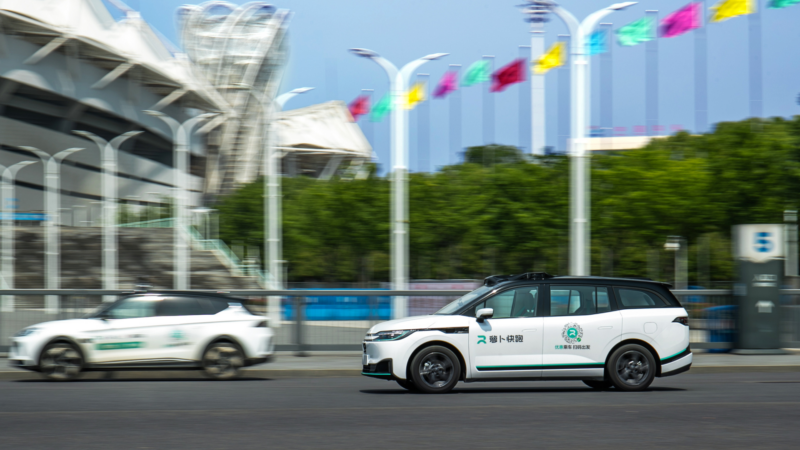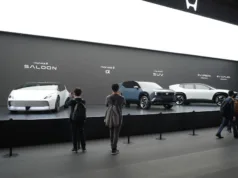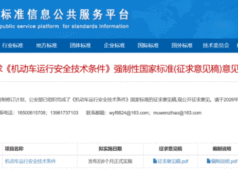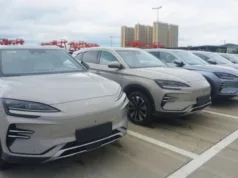According to the statistics announced at today’s Baidu World Conference, Baidu’s robotaxi service Apollo Go is now fulfilling over 250,000 fully driverless orders weekly, all executed without a safety operator onboard. Globally, Apollo Go has completed more than 17 million rides, and Baidu claims it is the world leader in autonomous ride-hailing services.
At the conference, Baidu founder Robin Li projected that by 2030, the operational cost of Robotaxis in the United States could drop to approximately 0.25 USD per mile, leading to a projected 5 to 7-fold surge in ride-hailing demand. “Once ride-hailing becomes both economical and convenient, latent demand will be fully unleashed,” Li stated. “Driverless vehicles will then transform into new mobile living spaces, unlocking countless unprecedented possibilities.”
Apollo Go’s Robotaxi operations have expanded to 22 cities worldwide, including major domestic hubs like Beijing, Shanghai, Wuhan, Shenzhen, and Hong Kong, as well as international cities such as Dubai and Abu Dhabi.
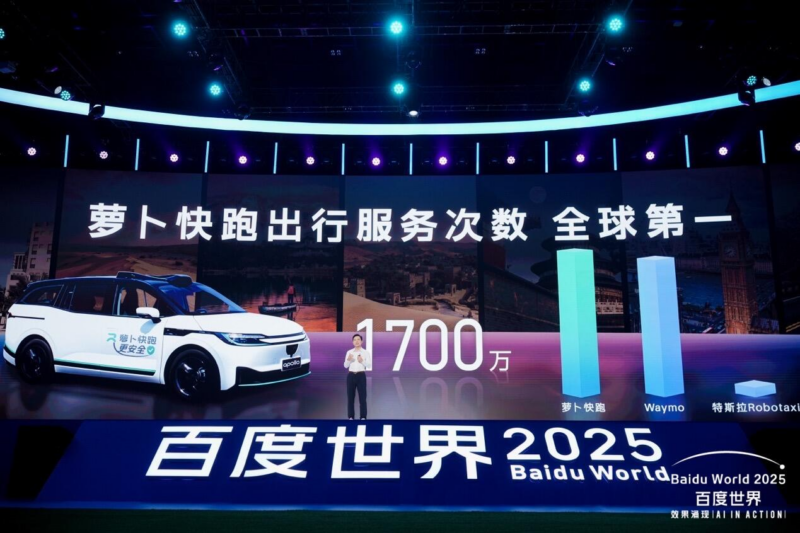
Li also announced Apollo Go’s safety metric: Its fully driverless vehicles average 10.14 million kilometres of operation before a single airbag deployment. Li emphasised, “This figure not only significantly surpasses human driver performance but also exceeds that of our peer, Waymo.”
Apollo Go has experienced rapid growth in recent months. Since Baidu’s last earnings report until October 31, Apollo Go completed over 3 million orders in less than three months, representing a nearly 50% quarter-over-quarter increase compared to the second quarter.
Notably, Baidu Apollo Go has accelerated its global market expansion this year. During a live connection at the conference, Baidu showcased its autonomous driving technology at the Yas Marina Circuit in Abu Dhabi. The Baidu team on-site announced that Apollo Go would provide shuttle services for tourists from around the world, demonstrating Baidu’s autonomous driving capabilities and the “charm of technology from China.”
Apollo Go’s sixth-generation driverless vehicles achieved significant cost reductions last year, with the cost per vehicle dropping from millions to 204,600 yuan (28,600 USD).
A spokesperson from Baidu’s autonomous driving business unit previously indicated that Apollo Go’s operations in Wuhan are nearing the break-even point, thanks to continuous expansion of operational scope and efficiency improvements. Based on current trends, Apollo Go is projected to achieve profitability by 2025.
Editor’s comment
Baidu’s Apollo Go is frequently compared to Google’s Waymo, after all, it’s called China’s Google. On May 21st of this year, Waymo announced on X that it had completed 10 million rides. Six months have passed since then, and unless Waymo is completing over a million rides per month, it’s fair to say that Apollo has taken the lead in robotaxi services, albeit perhaps not by a significant margin. In terms of ride volume, both companies appear to be neck and neck.
However, Baidu may have an advantage in vehicle costs. Its sixth-generation model costs less than 30,000 USD, and the seventh generation is reportedly expected to cost under 20,000 USD. Waymo’s sixth-generation vehicles are about to use cars from Geely and Zeekr, which are not inherently expensive. However, with the 100% tariffs imposed by the U.S. on Chinese imports, these vehicles may no longer be that affordable.
While Apollo Go does operate in the U.S., its primary market is outside the country, whereas Waymo’s focus is the opposite. This could be Waymo’s biggest disadvantage against Apollo Go.
Follow us for ev updates


